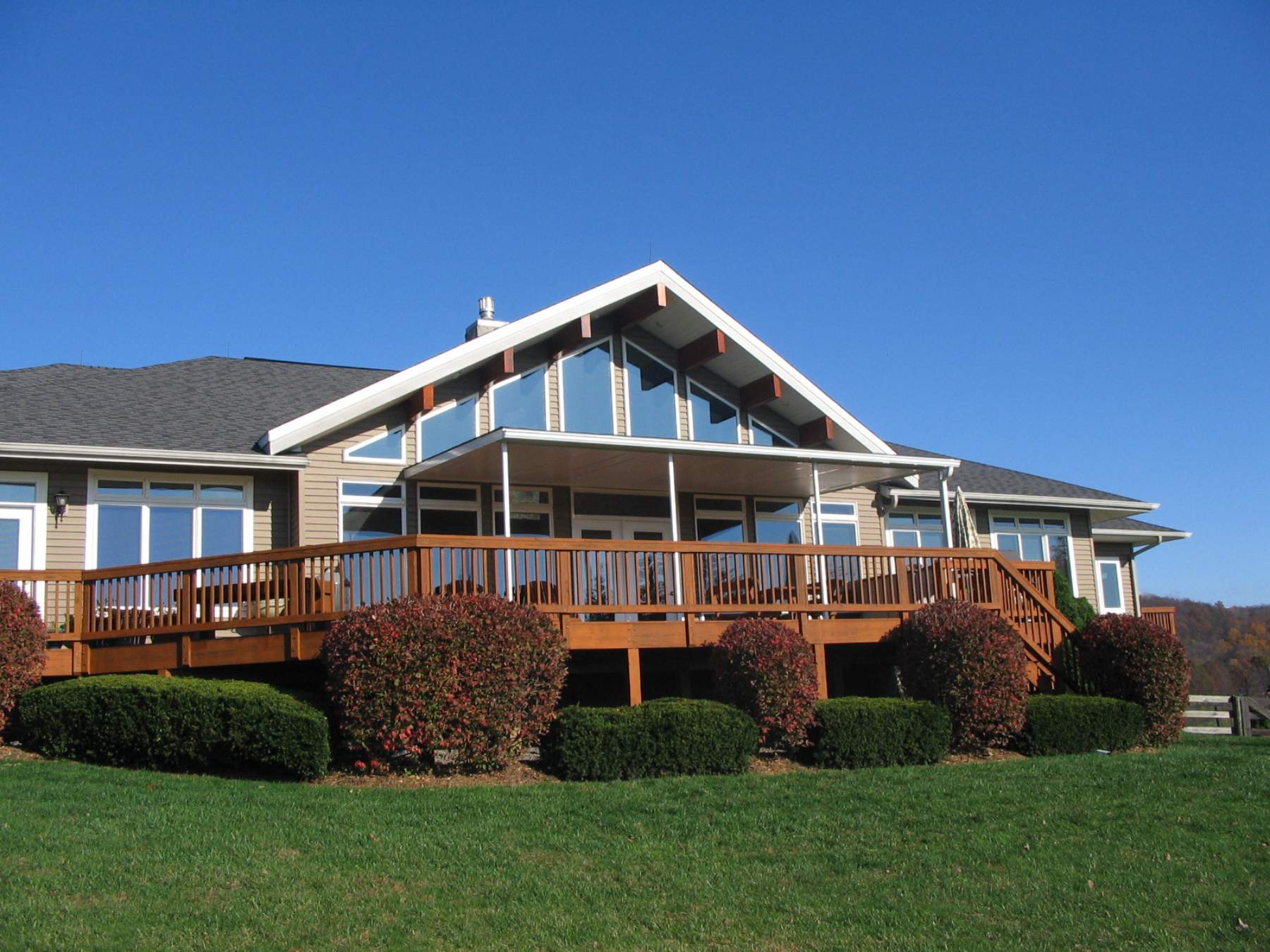When it comes to remodeling or renovating a home, granite is one of the most popular options for most families. You can have this mineral for granite kitchen countertops. Before buying, here’s everything you need to know about granite countertop.
Despite its timeless beauty and elegance, there are still some setbacks in the use of granite, but it doesn’t induce a great reduction in its overall quality. Like quartz, granite’s main complaint is its high price, but there are already few vendors offering inexpensive granite countertops.

What is granite?
In terms of texture or finish, you have several options applicable to granite. This mineral can have a polished, honed, brushed, or sandblasted finish. The choice depends a lot on where you plan to install the granite slab in the kitchen and bathroom.
To find out more about this magnificent stone, stay tuned and read the entire section of our article. We will discuss various ideas and topics regarding granite.
Pros:
They are visually appealing:
Each granite slab is unique, with its lines, colors, and patterns. This uniqueness allows you to have an individual work plan that won’t exist anywhere else. You can find a one-of-a-kind slab that goes well with the look of the kitchen furniture and walls, giving the room an extra beauty.
They add value:
Granite countertop not only add instant charm to your kitchen or bathroom but are a timeless investment that gives your home lasting value. Click here to see how to clean and sanitize granite so your countertops last a lifetime.
They are very resistant:
Did you know that the only thing hard enough to legitimately scratch granite is a diamond from another piece of granite? Let’s talk about sustainability!
They are heat resistant:
Granite is a heat-resistant material, so it comes in handy when cooking near a stove or stove. It is acceptable to place hot pots or pans directly on the countertop, as granite can withstand heat without being damaged or weakened.
They resist stains:
Not only is granite resistant to heat, but it is also resistant to stains. Granite countertop do not absorb liquids when properly sealed.
Cons:
They can be porous:
If you don’t seal granite countertops or if the stone was sealed incorrectly from the start, liquids can be absorbed, creating lasting stains. A poorly sealed counter can also have bacteria in its pores. To avoid these problems, it is important to close the door every year.
They tend to break:
Granite countertop can be very durable, but there is always a risk of chipping. If a heavy object falls on a corner ledge, for example, a granite repair specialist may need to intervene to repair the cracks or damage.
They are cold to lean on:
The reason is that the granite mass instantly pulls heat away from the skin, causing the brain to sense that the surface is cold. A simple solution to this problem is a thin heating mat to stick under the countertop.
Are expensive:
In addition to the price of a professional installation, kitchen countertops can cost anywhere from $ 100 to $ 250 per square foot. Comparing it to the cost of Laminate, Corian, or Marbelite, granite is the high-end for grocery shopping.
They most likely come with stitching.:
Due to the typical slab size, countertops will likely be installed with more than one slab. This contrasts with solid surface countertops which do not require gaskets as the material is man-made and is poured to form the countertops.
Maintenance of granite worktops:
Unlike other natural stones, countertops require little cleaning and maintenance. The most important thing you need to ensure before installing the countertop is its sealing process. When your countertop is properly sealed, you no longer have to worry about stains and bacteria, and mold growth.
In the meantime, for your daily countertop cleaning schedule, you can simply use a non-abrasive cloth, water, and a neutral or mild pH cleaning solution. Dilute the cleaning solution in water and put it in a spray bottle. After that, you can spray a substantial amount on the surface of the countertop and clean it with a non-abrasive cloth.
After applying the diluted cleaner, you can rinse it off with water and dry it with a soft, clean cloth. Make sure there is no soap solution left on the surface as this can create water rings or marks on the countertop.
How long do granite countertops last?
Compared to other natural stones, countertops last longer, over 100 years. With proper maintenance and cleaning, you can extend the useful life of your granite.
The excellent heat resistance of this mineral has proven beneficial for your kitchen’s granite. Meanwhile, for chemical resistivity, it goes well with granite bathroom countertops.
Estimated life of granite and other stone countertops
- Concrete meters – 20 years
- Laminate counters – 20-30 years
- Worktops in cultured marble – 20 years
- 100-year-old tile excluding the accumulation of dirt in the grout of the tiles
- Granite countertops – over 100 years old
How to take care of granite countertops?
Taking care of your granite is not complicated due to its durability and resistivity against heat and chemicals. The main thing you need to do to preserve its overall quality is the proper maintenance of the seal. With this, you offer the best protection for your granite against stains, bacteria, and mold.
Likewise, to keep its waterproofing film, you need to keep your granite away from acidic liquids and sharp objects.
Conclusion:
Choosing the countertops for your kitchen is a very important decision, and while there are several great options available, there is hardly a better option than granite countertops. Sure, granite can be a little more expensive than other materials, but its quality is virtually unmatched and when you have these countertops in your home, they will last for years to come.


